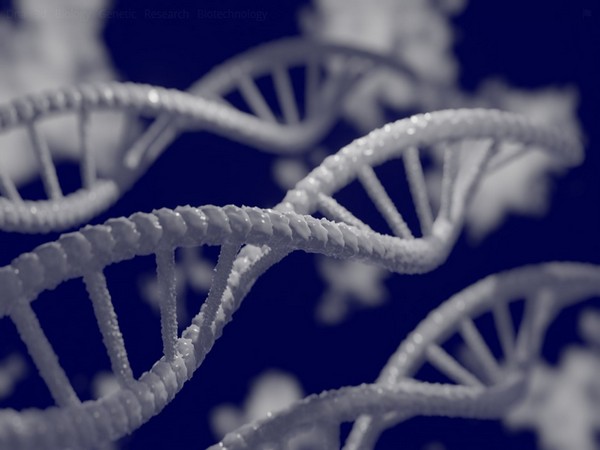Science News Roundup: Illumina launches multiple-gene test to spot rare treatable cancers; Colombia's Duque opens gene bank for long-term crop conservation and more
Joel Montalbano, manager of NASA's International Space Station (ISS) program, also said U.S.-Russian cooperation aboard the orbital research outpost, currently home to four Americans, two Russians, and one German from the European Space Agency, remained free of tension. A quarter of symptomatic kids hit by long COVID; mRNA shots provide best protection in breast milk The following is a summary of some recent studies on COVID-19.

Following is a summary of current science news briefs.
Illumina launches multiple-gene test to spot rare treatable cancers
Genome sequencing group Illumina on Tuesday launched a cancer test in Europe that checks for a wide range of tumour genes in one tissue sample, potentially helping patients with rare diseases to be matched up with treatment options. The test, which Illumina says scans for more mutations than any available kits, comes amid drug industry efforts to develop precision oncology drugs for ever smaller patient groups defined by a genetic profile. This has created pent-up demand for more sophisticated diagnostic tools.
Colombia's Duque opens gene bank for long-term crop conservation
Colombia's President Ivan Duque on Tuesday inaugurated the world's largest genetic library for beans, cassava and tropical forages for feeding livestock, which will provide long-term crop conservation and could help shock-proof global food systems. Increasing demand for food and falling crop output amid climate change mean researchers must breed new plant varieties to withstand the twin impacts of rising temperature and extreme weather events, according to the Consultative Group for International Agricultural Research (CGIAR).
Ancient sarcophagus found under Notre Dame cathedral in Paris
Archaeologists have found an ancient lead sarcophagus under Notre-Dame cathedral along with fragments of a rood screen, offering new insight into the history of the building which is currently under reconstruction after a devastating fire in 2019. Notre Dame, which dates back to the 12th century, commissioned the excavation works inside the cathedral as a precautionary measure before the installation of scaffolding needed to restore a 100-metre high wooden roof ridge.
Ride-share return from space station on Russian Soyuz still on track - NASA
A U.S. astronaut is still slated to share a ride back from the International Space Station with two cosmonauts aboard their Soyuz capsule later this month, despite U.S.-Russian antagonism over the war in Ukraine, NASA officials said on Monday. Joel Montalbano, manager of NASA's International Space Station (ISS) program, also said U.S.-Russian cooperation aboard the orbital research outpost, currently home to four Americans, two Russians, and one German from the European Space Agency, remained free of tension.
A quarter of symptomatic kids hit by long COVID; mRNA shots provide best protection in breast milk
The following is a summary of some recent studies on COVID-19. They include research that warrants further study to corroborate the findings and that has yet to be certified by peer review. One in four kids with COVID develop lingering problems
Galapagos tortoises belong to new species -nat'l park
Scientists have discovered that a type of giant tortoise present on one of Ecuador's Galapagos Islands is not from the species it was previously thought to be, Galapagos National Park said. A study concluded that the giant tortoises living on San Cristobal island, previously identified as Chelonoidis chathamensis, correspond genetically to a different species, the park said in a statement late on Thursday.
Blue Origin to fly 'SNL' star Pete Davidson to space next week
"Saturday Night Live" comic Pete Davidson has been confirmed as the next celebrity in line for a ride to the edge of space courtesy of Jeff Bezos' Blue Origin astro-tourism company, with his suborbital flight set for next week. The 28-year-old comedian and boyfriend of socialite and reality TV star Kim Kardashian was announced by Blue Origin on Monday as an "honorary guest" joining five paying customers for the company's fourth commercial flight since last summer.










